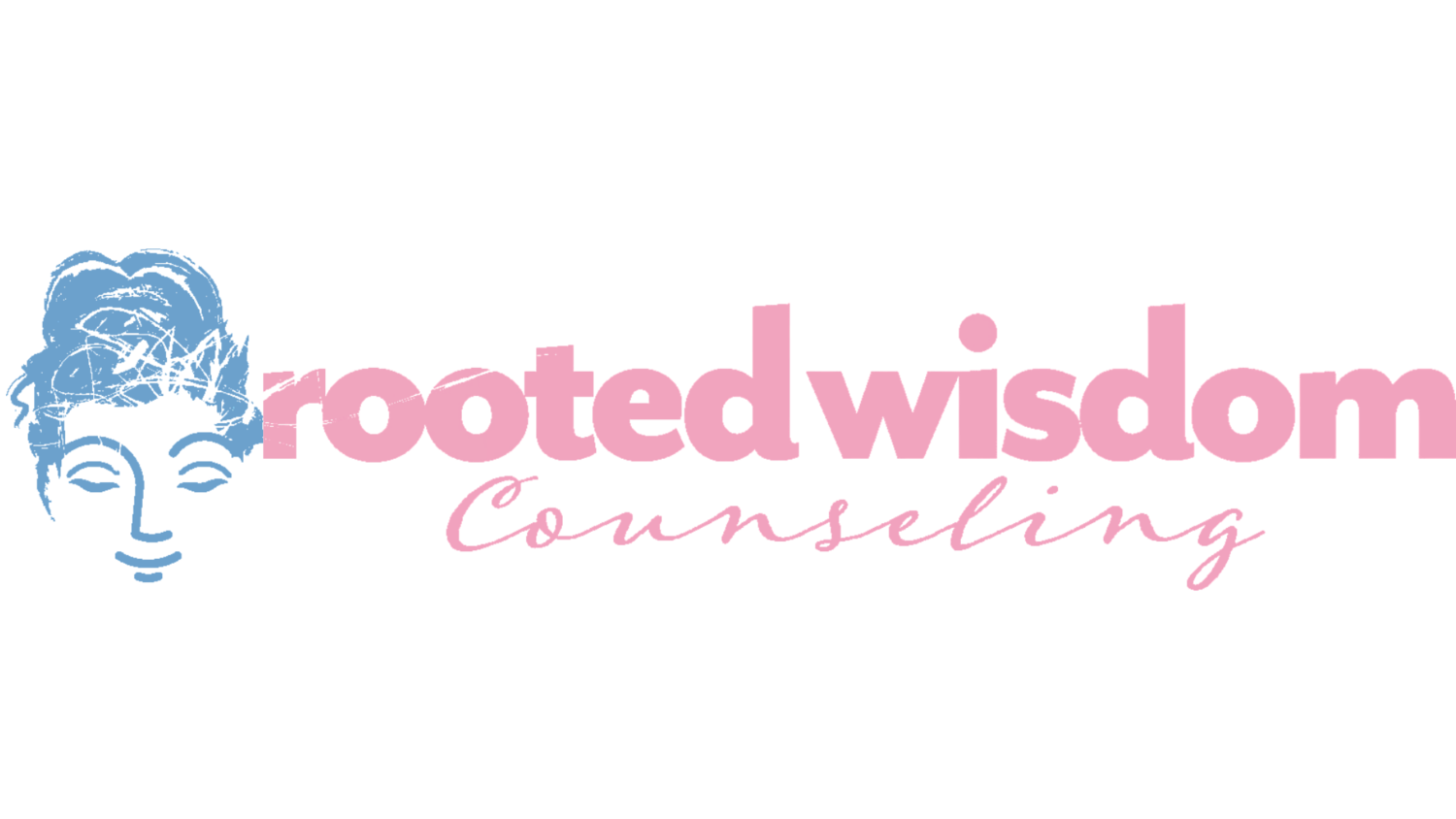New Year’s Resolutions in Eating Disorder Recovery
Ahhh, it’s that magical time of year when people start to reflect on the last twelve months and often look to the future and decide if and how they want to make changes. Unfortunately, this enriching practice gets hijacked by diet culture and the focus in the media becomes about weight loss. I cannot help but roll my eyes when I inevitably hear a weight loss ad on the radio or see one as I watch a holiday movie. Talk about a mood killer! The diet industry continues to sell the idea that certain bodies are better, healthier, and more desirable, while research continues to reveal that 95-98% of diets don’t work and people’s bodies end up fighting harder to stay within their typical range (aka set point theory). For those in eating disorder recovery, this time of year can be complicated by many factors and especially activating due to the increase in diet talk and diet marketing. People, and especially assigned-female-at-birth women, have been socialized to bond over diet talk and weight loss tips. Because of this, you will most likely run into this conversation at some point over the next several weeks. If you are exhausted, bored, or desire to put your focus somewhere other than weight and/or size regarding your New Year’s resolutions, read on.
Acknowledge what the eating disorder has taken:
Set time aside to write down, meditate, daydream, or verbalize the ambiguous loss surrounding the times you were enmeshed with your eating disorder (ED). There are times in recovery and when struggling with your ED, you minimize the negative consequences and romanticize the ED. Be honest with yourself and take note of all that ED took from you. Consider all the learning you could have done during the depths of your ED as it took up so much brain space. Think about the relationships your eating disorder has impacted. When your focus was mostly on your body and food, you were missing out on being present with people in your life. ED often has negative physical consequences as well. Do you remember the lack of focus, energy, and other physical consequences your ED provided? The list goes on and on but let’s move on to how you can refocus your New Year’s resolutions.
Take note of your progress and how far you have come:
Similar to the above but on the flipside, realize how hard you have worked to get further away from diet culture and closer to what really matters. Take a minute to recognize the thoughts and feelings you have sat with, evaluated, and changed over time. Changing your behavior didn’t happen overnight either. You had to intentionally choose something different in your recovery path which likely meant experiencing many levels of discomfort. Pat yourself on the back for all the work you have done.
Envision your future path - one without ED:
Find a quiet spot, get settled, and close your eyes. Let your brain wander towards a future path of continued healing and growth. Imagine the life you want to live. Take a look around and soak in your surroundings. Go through your senses as if you are looking into your future through a crystal ball. Who is there? Where are you? What are you doing? What is your energy like? What do you see, hear, and smell? Inhale what you notice and bathe in what you want to move towards. Exhale and release the past, the barriers you face and continue to face. Now slowly come back to the present moment, get out a pen and paper and start writing down your New Year’s resolutions. Get a fancy journal or put it in the notes section of your phone.
New Year's Resolution Ideas for ED Recovery:
Return to a once loved activity from childhood: Think way back to early childhood and ask yourself if there were activities you once loved that you no longer make room for in your life. Were you a child who liked to play with others or alone? Did you enjoy being outside? Did you do arts and crafts, sing, or dance? Pick something and decide to make this a priority in the new year. Keep your expectations realistic but also specific. Take small steps and let this be an experiment.
Start a gratitude practice: Science has shown that a gratitude practice does wonders for mental health. Writing a detailed gratitude list 1-3 times per week can have a significant impact on the pleasure areas of your brain. As you engage in your gratitude practice, consider honing in on as many details of the person, place and/or experience as possible. This will engage the brain more and allow for the brain to reorganize and file these as relevant and, therefore, will store them in your memory. Send thank you letters, give someone in your life a specific compliment regarding how they make you feel, or soak in the small experiences that tend to be dismissed regularly as nothing special. You can do this just by looking out your window and noticing the sights, sounds, and textures of the world around you.
Engage in joyful movement: Movement can often come with a lot of baggage for people with histories of eating disorders. ED is rule driven and may have used exercise as a way to punish you. Try using the word movement instead of exercise and experiment with it in ways that feel good and restorative. Let go of any rules you have once held about what counts and what doesn't. Movement could be walking, dancing, stretching, gardening, or playing with your children. If you notice your intentions with movement are mostly focused on weight and/or body size, skip this one and come back to it at a different time.
Travel: Having an ED can even impact your traveling experiences. You might have had to pass up opportunities to travel due to being in treatment or out of avoidance of having to face certain food situations. Maybe you did travel but did not get the full experience because you were wrestling with your ED thoughts and unable to enjoy the moments with people and food. Allow yourself to fantasize about different places you have been or desire to go. If you are able to financially make a trip, start planning. If finances are an issue, think of a closer destination that also feels like a vacation where you can experience joy with eating and being present in a new place.
Try something new: Is there something you have always wanted to try but haven't had the time, energy, or confidence to do? This could be big or small. Maybe you always wanted to take a dance class, learn a new skill, or volunteer at a local agency. Start doing some research and see if it continues to intrigue you.
Host a gathering: Again, the ED has taken so much and this can include deeper relationships and joyful experiences with food. Hosting a party, get-together, or just a small gathering can be a way to challenge yourself and help you overcome some continued fears in recovery. Invite people who fuel your energy and make it easy to be yourself around. Include foods that you once feared and now get to enjoy. Sit down and soak in the food, conversation and setting that you created.
New Year's resolutions are often connected to weight loss and it's seductive to fall into the trap of distraction this time of year. Hold onto what you know and remind yourself how far you have come. Use this time to reflect on what has worked, what hasn't, and create a list of one or more resolutions that align with your envisioned path.
If you are needing support with your mental health, please reach out to Megan Tarmann, LMFT for therapy in Minnesota.







